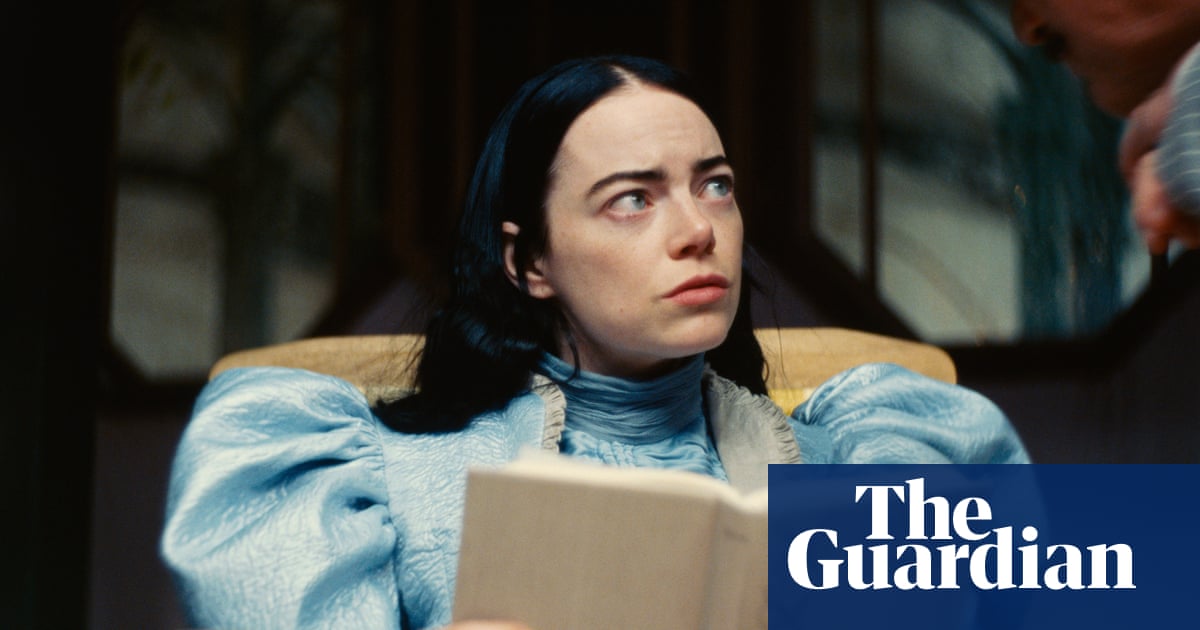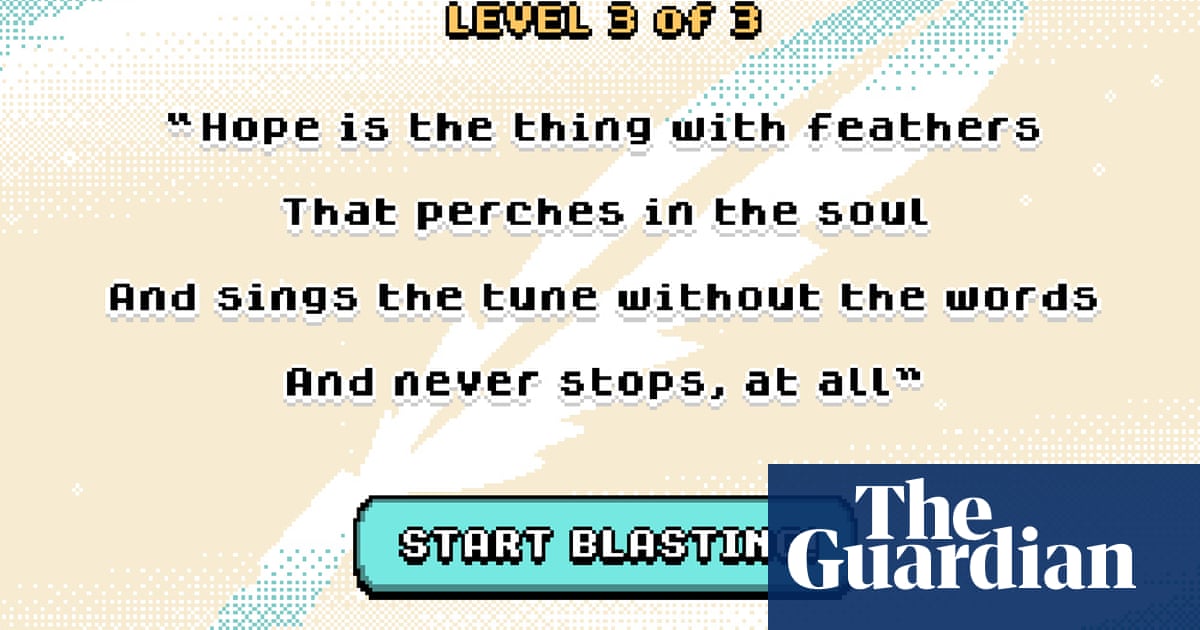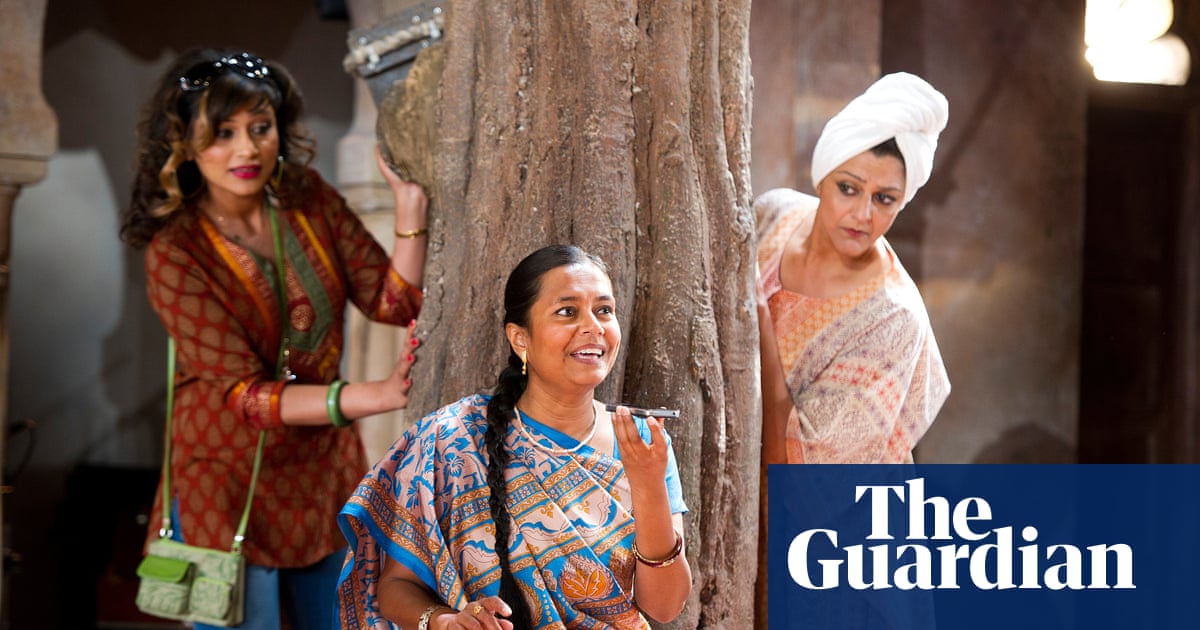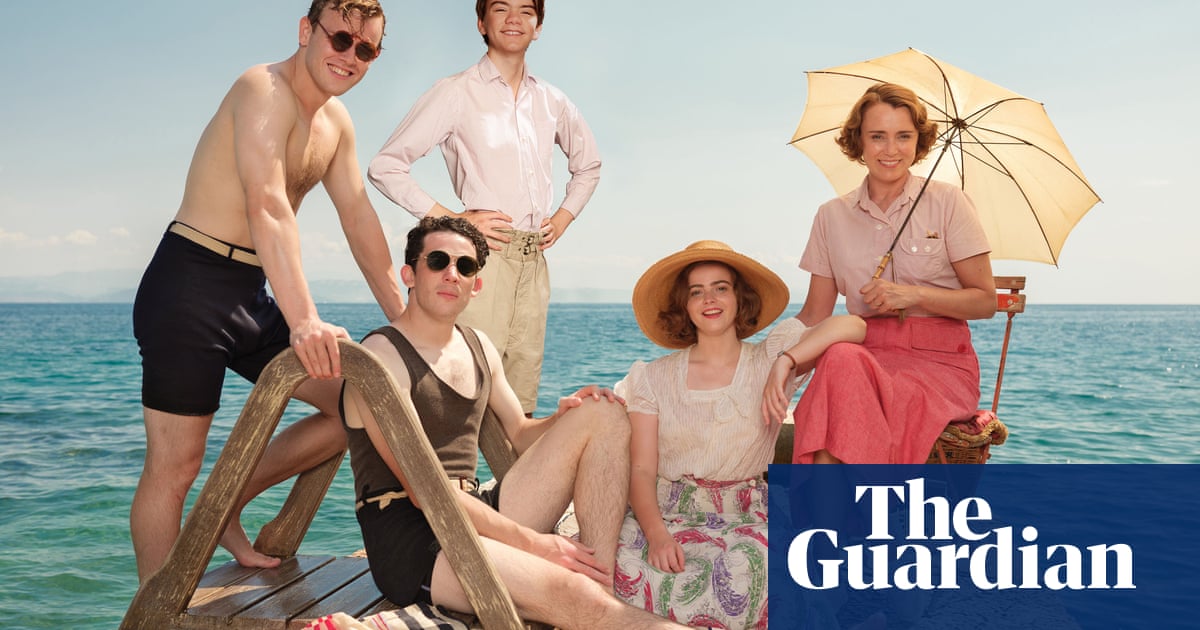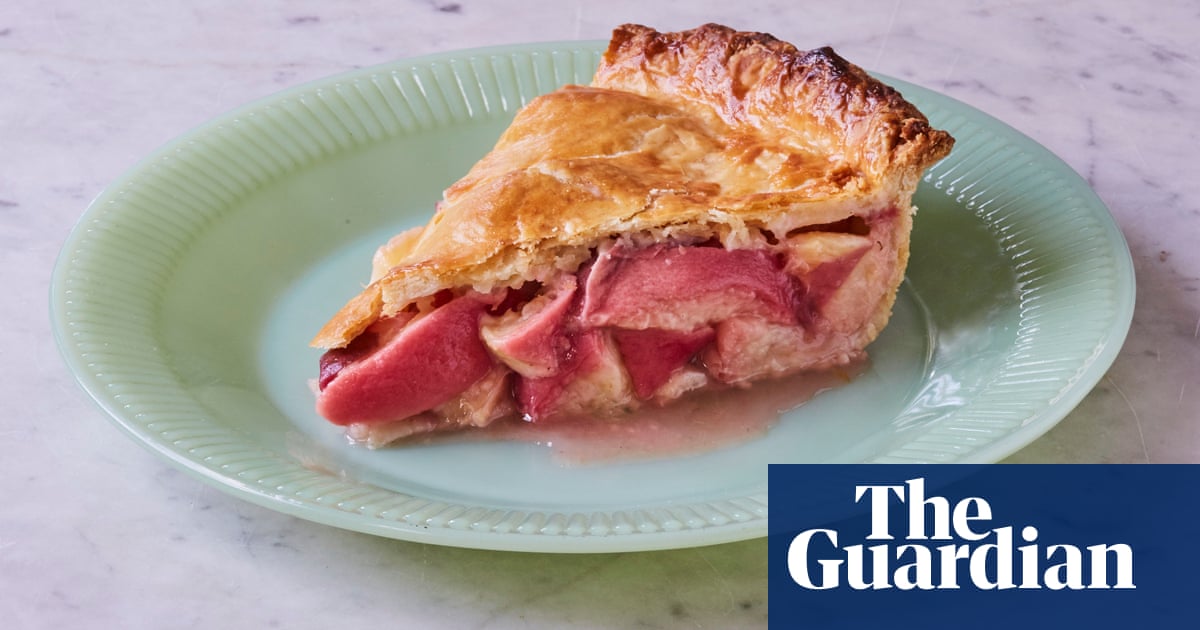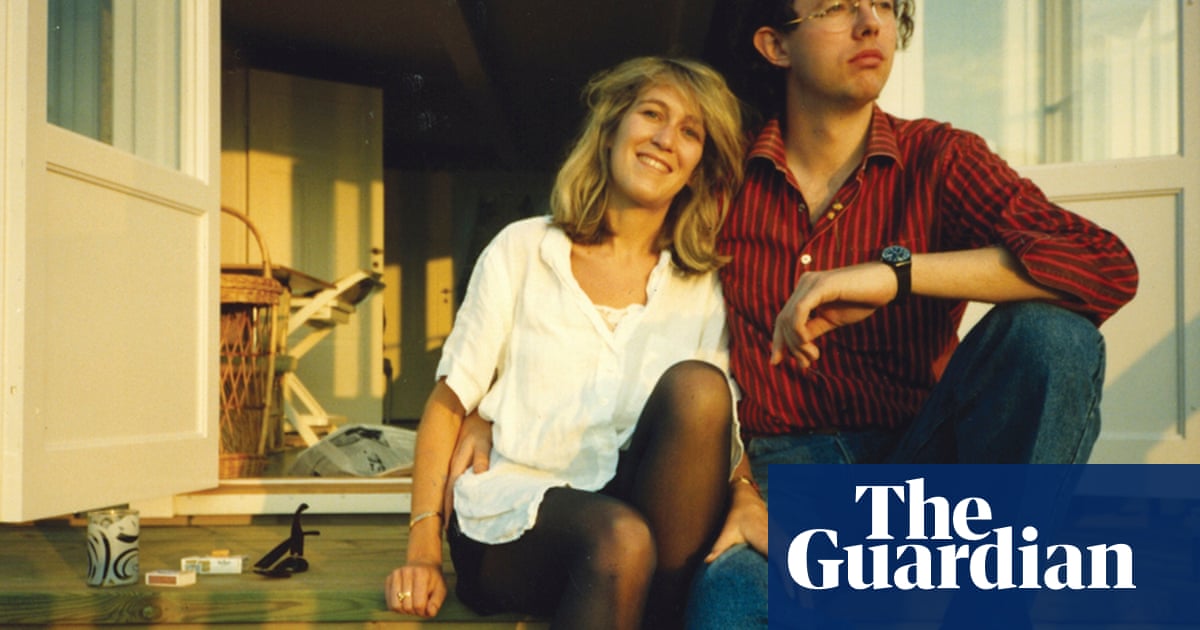
From the Marx Brothers to George Eliot’s The Mill on the Floss, siblings have a funny way of stealing the show. In Zadie Smith’s On Beauty, brothers and sisters are the “first evidence” and “last confirmation” of love – but in other books, riding solo wins out. “Part of the joy of being a novelist,” writes Cólm Tóibín, in the LRB essay collection, Sisters Come Second, “is to erase all trace of siblinghood”. The US calendar marks 10 April as National Sibling Day, but Europeans who choose to celebrate have a little longer to wait (it’s 31 May ).
Just Above My Head by James Baldwin
A brother, for Baldwin’s narrator, Hall Montana, is both a person and a means of comparison. “One’s little brother begins his life,” he reflects, “within the sturdy gates of one’s imagination … he is everything that you are not … Your life can now be written anew on the empty slate of his.” When that once-little brother is found dead “in a pool of blood”, Hall must relearn what his own life means. Blood and bloodlines dominate Baldwin’s musical, painful final novel. Against a sweeping backdrop of Harlem, Africa and Korea, Baldwin’s cast of siblings, friends and lovers tell a story about the families that are given to us, and the ones we create for ourselves.
Siblings by Brigitte Reimann
Set in the 1960s in what was then the German Democratic Republic, this tense, slim autobiographical novel spans three days in the life of Elisabeth, a painter, as she reflects on her relationship with her brother Uli. The narrative flickers between her memories of their childhood, with all its postwar hardship and her agonising realisation that her beloved brother is planning to defect to the west. A brilliant exploration of what happens when “the myth of sibling love” collides with political ideals, rendered in a sparkling new translation by Lucy Jones.
Cassandra at the Wedding by Dorothy Baker
A cult 60s coming-of-age tale, Cassandra at the Wedding feels very much of its time. Shades of the phoney-hating Holden Caulfield hover around our cool-eyed narrator, as she heads home to “hook-and-zip” her twin sister into her wedding gown, and “take over the bouquet while she received the ring, through the nose or on the finger”. Cassandra’s penchant for brandy, uppers and angst make for increasingly untethered behaviour, and the novel unfurls like a bacchanalian comedy of errors, with plenty of poolside action.
Mayhem by Sigrid Rausing
Rausing’s account of her brother Hans’s and sister-in-law Eva’s struggles with drug addiction is, in many ways, an ordinary story. The “individuality of addicts”, Rausing writes “is curiously erased by the predictable progress of the disease”. But in this case, the Rausing family’s Tetra Pak fortune, and the grim circumstances around her sister-in-law’s death, created something more seemingly sensational, and her family’s life swiftly became the stuff of tabloid headlines. This is a thoughtful and compelling memoir about guilt, boundaries and the fictions of memory – “the stories that hold a family together, and the acts that can split it apart”.
Home Fire by Kamila Shamsie
A girl begs the authorities to be allowed to bring her twin brother’s body home. The state resists. The story of Antigone is reshaped here for the 21st century, and on a global stage. This time the actors are not warring factions in Thebes but a young man drawn into Islamic State, his family in the UK, and the press that shapes and moulds their stories. With moving characterisation and elegant prose, Shamsie paints a tragedy of faith, loyalty and family on a grand canvas, but stays true to her all-too human characters.
Loss, A Love Story by Sophie Ratcliffe will be published on 15 April by Northwestern University Press.




